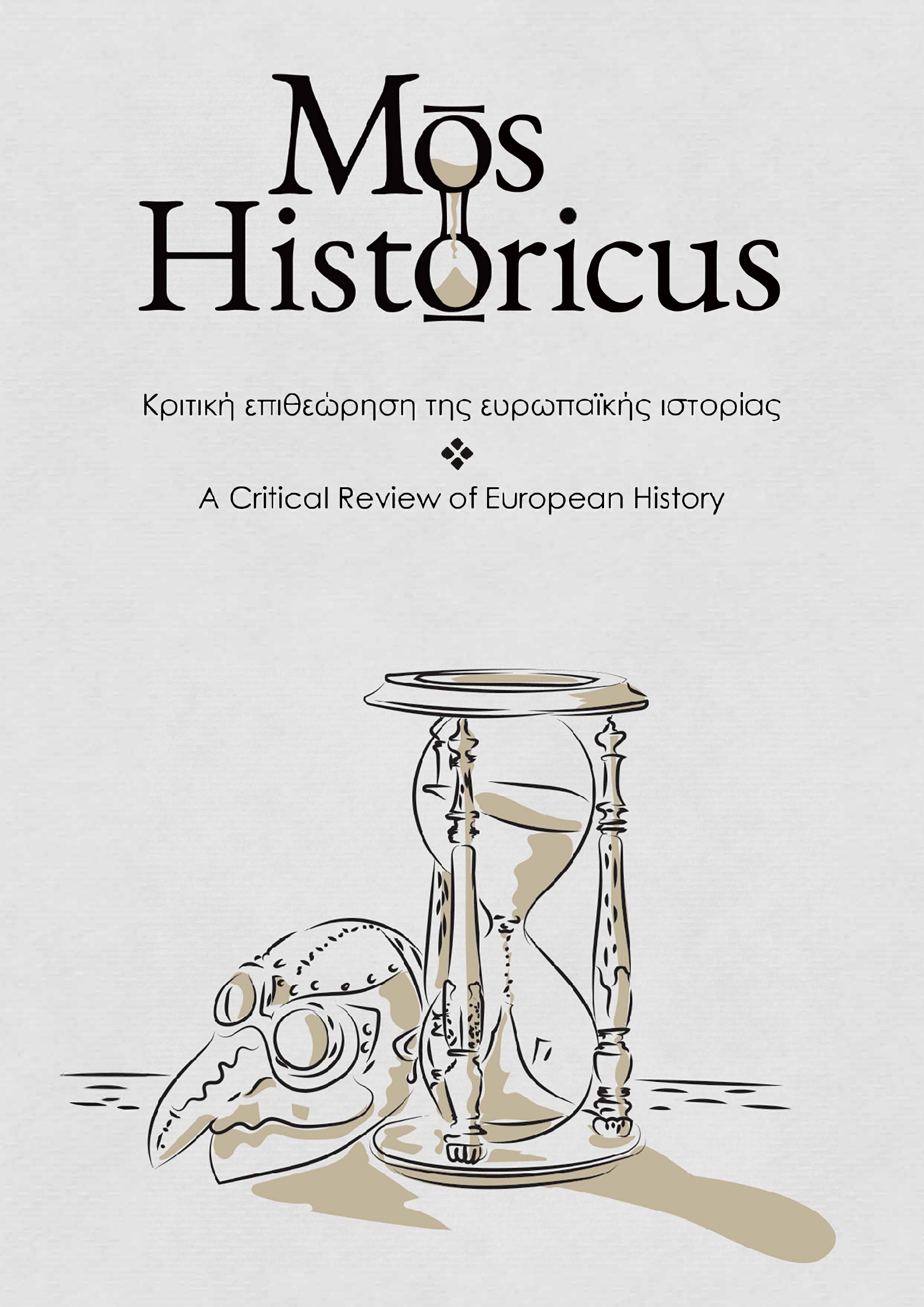The outbreak of new diseases in an era of religious and spiritual crisis: medical humanism and the control of the body and soul as a method of medical treatment

Abstract
The paper examines how the humanist physician and later professor of medicine at the great Universities of Italy, Girolamo Mercuriale of Forlì (1530-1606), addressed the issue of new diseases in medical as well as religious-social terms in his medical book De arte gymnastica (Venice, 1569), while he served as the personal physician of Cardinal Alessandro Farnese (1520-1589). Mercuriale's medical gymnastics, as a medical method for the treatment of new diseases, stands out as paradigmatic, on the one hand, of the scientific-medical culture of mid-sixteenth century Rome and, on the other hand, the political-religious strategies of the Catholic Church regarding the control of body culture in the context of the Counter-Reformation.
Article Details
- How to Cite
-
Kavvadia, M. (2023). The outbreak of new diseases in an era of religious and spiritual crisis: : medical humanism and the control of the body and soul as a method of medical treatment. Mos Historicus: A Critical Review of European History, 1(1), 59–78. https://doi.org/10.12681/mh.34277
- Section
- Articles

This work is licensed under a Creative Commons Attribution-NonCommercial 4.0 International License.
Copyright notice:
Authors retain copyright for the articles published but assign the first publication rights to Mos Historicus. By virtue of their appearance in this journal, the articles are free to be used for non-commercial purposes. However, the articles cannot and must not be used in anyway, published elsewhere or modified without any reference to the author and the first publication of the article (licence Creative Commons 4.0).


